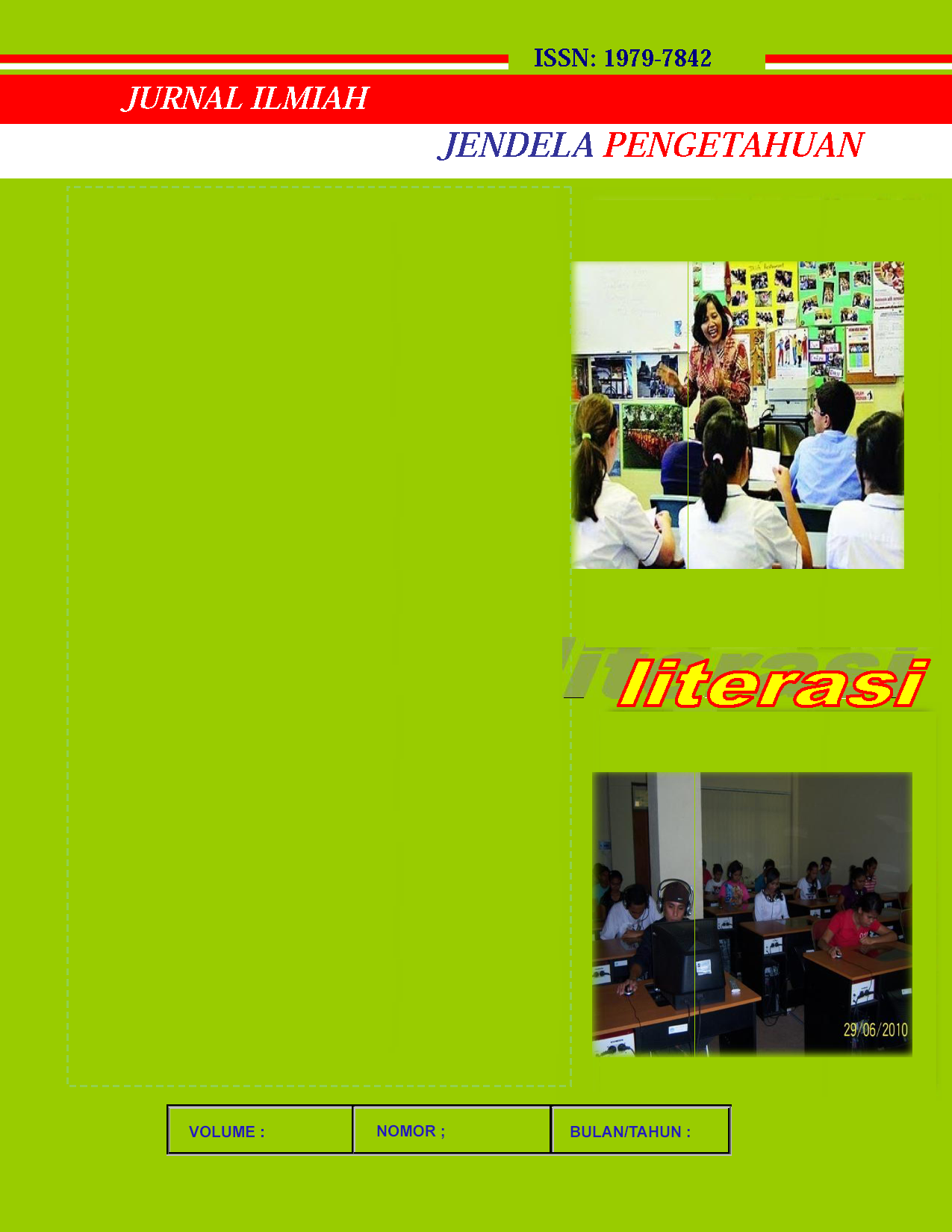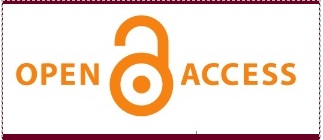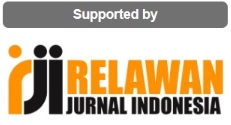Financial Feasibility Study and Development of Technical Specifications for Coffee Agroforestry for Community Forest Farmers with Revolving Fund Support for Productivity Optimization
Studi Kelayakan Finansial dan Pengembangan Spesifikasi Teknis Agroforestri Kopi bagi Petani HKm dengan Dukungan Dana Bergulir untuk Optimalisasi Produktivitas
Abstract
This research investigates coffee agroforestry systems' financial feasibility and technical specifications in community forests (HKm). Coffee agroforestry is acknowledged for its potential to enhance biodiversity, increase land productivity, maintain ecological balance, and provide economic benefits for small-scale farmers. The study employs a mixed-methods approach, utilizing in-depth interviews, field observations, and questionnaires to gather primary data while incorporating reports and literature as secondary data sources. The analysis reveals that the coffee agroforestry system in HKm demonstrates financial viability, with a positive NPV, a BCR exceeding 1, and an IRR of 33%. However, challenges such as insufficient technical knowledge and limited financial support persist as significant barriers. Furthermore, this research develops technical specifications, including selecting high-quality coffee seeds, shoot grafting techniques, fertilization, and pest management practices. These specifications are intended to serve as a practical guide for farmers adopting coffee agroforestry systems, enabling them to improve productivity and economic well-being. Moreover, the findings of this study provide a solid foundation for developing policies that encourage the widespread adoption of coffee agroforestry. As a result, this research makes notable contributions to both the scientific and practical aspects of coffee agroforestry for Community Forest farmers, paving the way for further research and formulating comprehensive strategies to address the challenges farmers face.
Downloads
References
Ahmad, S., Xu, H., & Ekanayake, E. M. B. P. (2023). Socioeconomic Determinants and Perceptions of Smallholder Farmers towards Agroforestry Adoption in Northern Irrigated Plain, Pakistan. Land, 12(4). https://doi.org/10.3390/land12040813
Cerda, R., Avelino, J., Harvey, C. A., Gary, C., Tixier, P., & Allinne, C. (2020). Coffee agroforestry systems capable of reducing disease-induced yield and economic losses while providing multiple ecosystem services. Crop Protection, 134(March). https://doi.org/10.1016/j.cropro.2020.105149
De Beenhouwer, M., Aerts, R., & Honnay, O. (2013). A global meta-analysis of the biodiversity and ecosystem service benefits of coffee and cacao agroforestry. Agriculture, Ecosystems and Environment, 175, 1–7. https://doi.org/10.1016/j.agee.2013.05.003
De Beenhouwer, M., Geeraert, L., Mertens, J., Van Geel, M., Aerts, R., Vanderhaegen, K., & Honnay, O. (2016). Biodiversity and carbon storage co-benefits of coffee agroforestry across a gradient of increasing management intensity in the SW Ethiopian highlands. Agriculture, Ecosystems & Environment, 222, 193–199. https://doi.org/https://doi.org/10.1016/j.agee.2016.02.017
de Carvalho, A. F., Fernandes-Filho, E. I., Daher, M., Gomes, L. de C., Cardoso, I. M., Fernandes, R. B. A., & Schaefer, C. E. G. R. (2021). Microclimate and soil and water loss in shaded and unshaded agroforestry coffee systems. Agroforestry Systems, 95(1), 119–134. https://doi.org/10.1007/s10457-020-00567-6
Fahad, S., Chavan, S. B., Chichaghare, A. R., Uthappa, A. R., Kumar, M., Kakade, V., Pradhan, A., Jinger, D., Rawale, G., Yadav, D. K., Kumar, V., Farooq, T. H., Ali, B., Sawant, A. V., Saud, S., Chen, S., & Poczai, P. (2022). Agroforestry Systems for Soil Health Improvement and Maintenance. Sustainability (Switzerland), 14(22), 1–25. https://doi.org/10.3390/su142214877
Hombegowda, H. C., Köhler, M., Röll, A., & Hölscher, D. (2020). Tree species and size influence soil water partitioning in coffee agroforestry. Agroforestry Systems, 94(1), 137–149. https://doi.org/10.1007/s10457-019-00375-7
Jezeer, R. E., Santos, M. J., Boot, R. G. A., Junginger, M., & Verweij, P. A. (2018). Effects of shade and input management on economic performance of small-scale Peruvian coffee systems. Agricultural Systems, 162(January), 179–190. https://doi.org/10.1016/j.agsy.2018.01.014
Kassa, G. (2022). Agroforestry as a Pathway to Climate-Smart Agribusiness : Challenges and Opportunities to Smallholder Farmers in Developing Countries. 1–20.
Koutouleas, A., Blunt, C., Bregar, A., Hansen, J. K., Ræbild, A., Etienne, H., & Georget, F. (2023). Plant agronomy, leaf ecophysiology, yield and quality data of interspecific grafted Coffea arabica across an elevation gradient. Data in Brief, 50, 109560. https://doi.org/10.1016/j.dib.2023.109560
Melese, Y. Y., & Kolech, S. A. (2021). Coffee (Coffea arabica L.): Methods, objectives, and future strategies of breeding in Ethiopia—Review. Sustainability (Switzerland), 13(19). https://doi.org/10.3390/su131910814
Nicli, S., Mantilla-Contreras, J., Fernandez, R. W. M., Schermer, M., Unger, D., Wolf, S., & Zerbe, S. (2019). Socio-economic, political, and institutional sustainability of agroforestry in alta verapaz, guatemala. Journal of Agriculture and Rural Development in the Tropics and Subtropics, 120(1), 105–117. https://doi.org/10.17170/kobra-20190613561
Oktoyoki, H. (2023). Comparative Study Usaha Tani Kopi Robusta Petik Merah dan Petik Asalan pada Petani-petani Kecil di Rejang Lebong, Bengkulu Comparative Study of Red-Picked and Random-Picked Robusta Coffee Farming Businesses among Small Farmers in Rejang Lebong, Bengkulu. Desember, 2(2), 108–117.
Oktoyoki, H., Windari, E. H., Pratama, B., & Ansiska, P. (2023). Post-permit social forestry: An analysis of the economic impact of the forestry revolving fund facility to the community of forest farmers. E3S Web of Conferences, 373, 05007. https://doi.org/10.1051/e3sconf/202337305007
Rigal, C., Xu, J., Hu, G., Qiu, M., & Vaast, P. (2020). Coffee production during the transition period from monoculture to agroforestry systems in near optimal growing conditions, in Yunnan Province. Agricultural Systems, 177(August 2019), 102696. https://doi.org/10.1016/j.agsy.2019.102696
Tilden, G. M., Aranka, J. N., & Curry, G. N. (2024). Ecosystem services in coffee agroforestry: their potential to improve labour efficiency amongst smallholder coffee producers. Agroforestry Systems, 98(2), 383–400. https://doi.org/10.1007/s10457-023-00917-0
Valencia, V., West, P., Sterling, E. J., García-Barrios, L., & Naeem, S. (2015). The use of farmers’ knowledge in coffee agroforestry management: Implications for the conservation of tree biodiversity. Ecosphere, 6(7), 1–17. https://doi.org/10.1890/es14-00428.1
Wienhold, K., & Goulao, L. F. (2023). The Embedded Agroecology of Coffee Agroforestry: A Contextualized Review of Smallholder Farmers’ Adoption and Resistance. Sustainability (Switzerland), 15(8). https://doi.org/10.3390/su15086827
Copyright (c) 2024 Hefri Oktoyoki, Benny Pratama, Yusran Panca Putra, Willi Novrian, James Byeker Douni Paisal Ansiska

This work is licensed under a Creative Commons Attribution 4.0 International License.
















